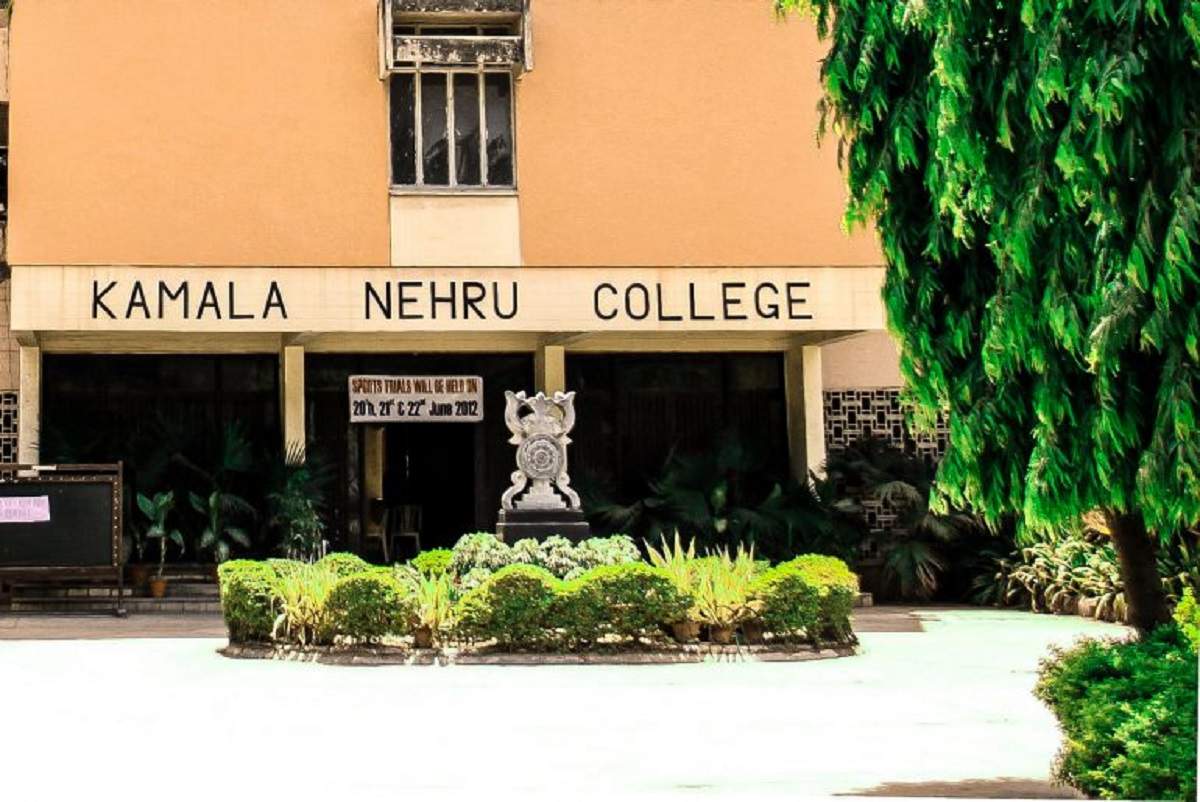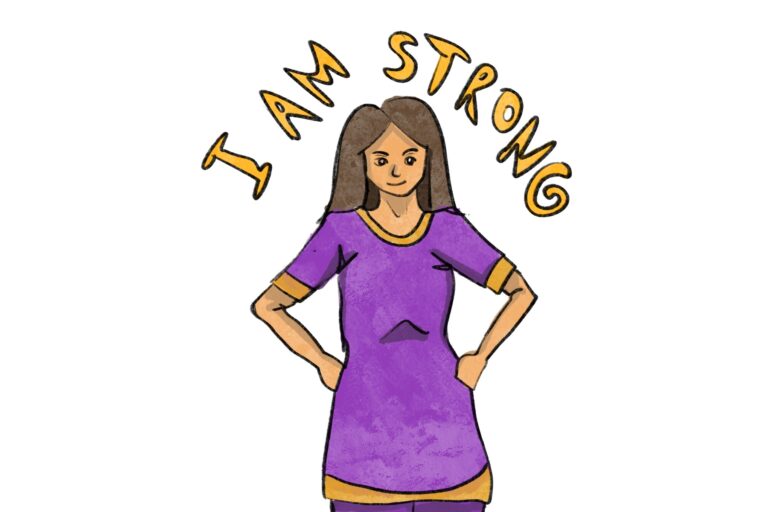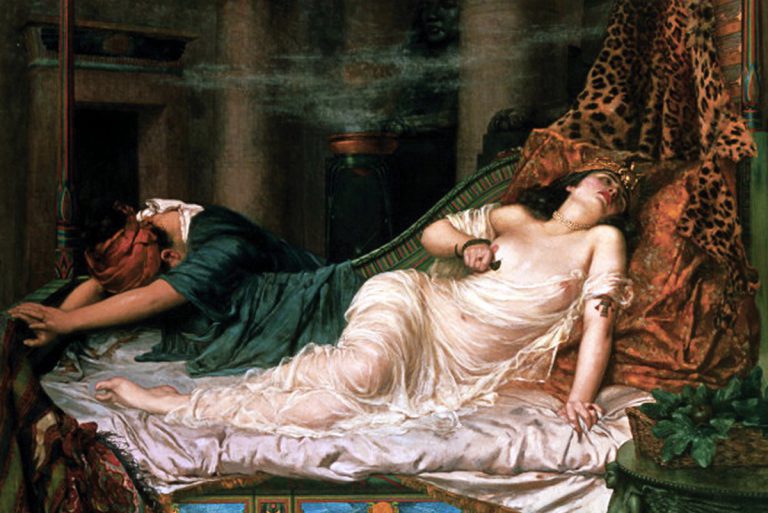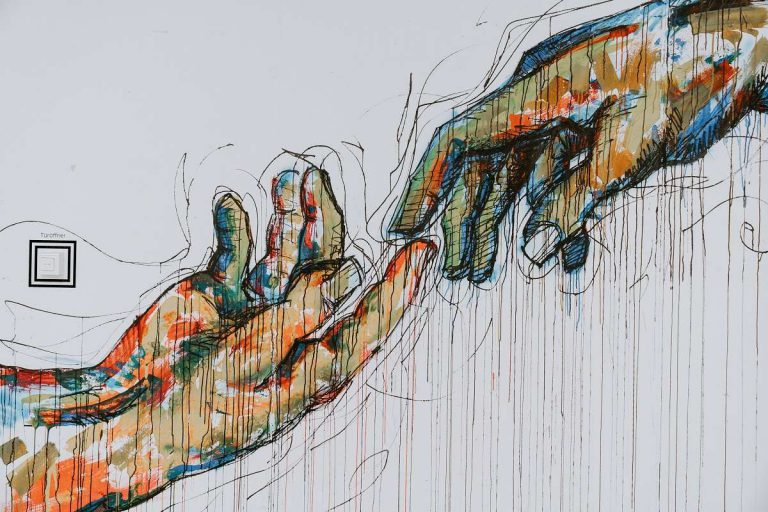Liberal arts alternates your worldview
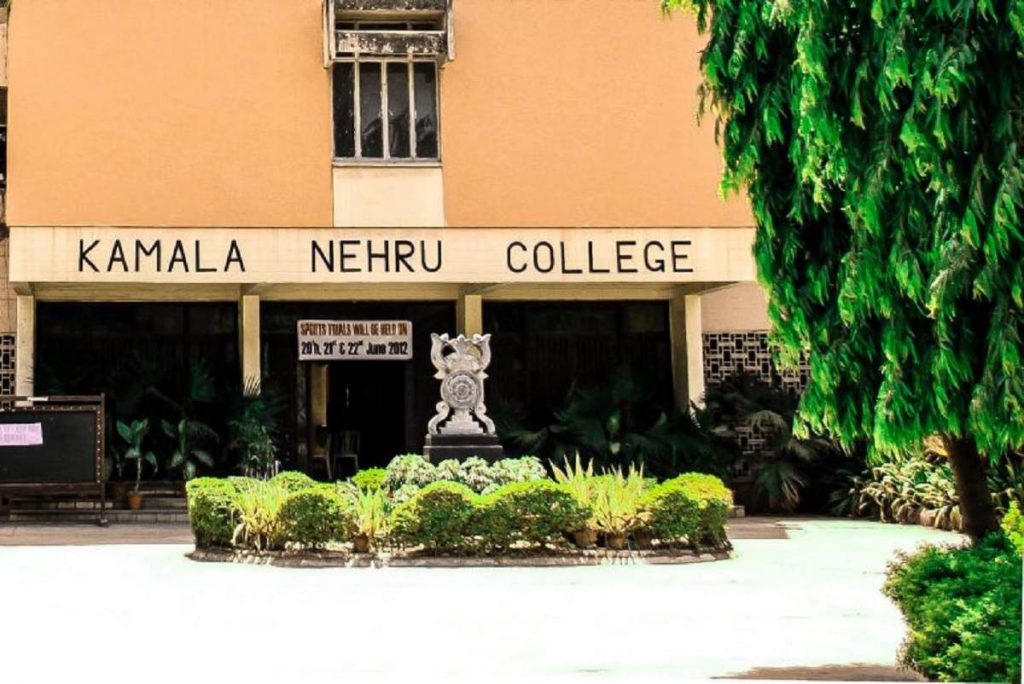
[responsivevoice_button voice=”US English Female” buttontext=”Read out this Theel for me”]
Cheshta Sagar is a final year B.A (Honours) English student at Kamala Nehru College, Delhi University (DU). Her choice of studying English is one of the most adventurous things she has ever done. A rank holder throughout her academic life, her caliber is unquestionably versatile as she was a science (PCM) student in high school who later switched to liberal arts in college. She has proven her unadulterated aptitude for both streams of thought by being a high achiever in both. Here she recounts her journey as an English major undergraduate. She opens up on how English is an extremely globalized course, her career worries, and how the study of English has become much more diverse and inclusive than ever before.

Hi Cheshta! Many people in India still think of Engineering or Medicine to be the only viable career options in India. I am sure that many readers would be intrigued by the choice of English as a graduation major. Tell me from a personal perspective, how you engage with an academic text and subsequently get evaluated in a B.A (Honours) degree in English.
As I move further in my course, I realize more and more the depth and scope of English Honours. Studying a text inevitably leads to a study of its historical, political, philosophical, social, economic, and psychological contexts. And the art of writing itself has become more and more complex and diverse. We now also have visual works in our syllabus, like movies and the graphic novel Bhimayana. The study of literature is no longer limited to the study of literary material but extends to the study of culture and what comes to constitute it.
Time for a cliché question. What has been your favorite paper throughout your graduation and explain to us the reasons for choosing it.
At the risk of sounding banal, all papers in my syllabus have enabled me to see a new breadth and depth to literature and human culture. If I have to be specific, though, I would say I loved the papers on American Literature, Indian Literature, and Popular Literature. These papers hit you with the full force of the vastness of literature in the English language, which unfortunately is still highly limited to studying British literature in our course curriculum.
Any particular feedback you would like to give about the course structures, the papers involved, and the teaching methodology. Do you suggest any changes in this regard?
As I said, the course structure could really use some diversification in terms of what constitutes the literature in English. Also, if literature is the study of culture, we need to question the relevance of imparting a cultural education that still remains highly biased towards Western ideals, methodologies, and knowledge systems. The authors included in our papers on Indian literature are the ones that have gained international recognition by Western standards of what is considered influential art. Inevitably, the literature that confirms the Western notion of India, and not an indigenous one, is more likely to find space in our curriculum. I feel the collective dismissal of Chetan Bhagat as an author in academia is an example of this bias. I am not a fan of his, but there are few authors who represent the version of India that he does. No matter what academics feel about it, that version exists and needs to be included in our study of ‘Indianness.’ In my very limited experience, I find this bias in other liberal art courses as well.
In terms of teaching (and also specifically, administrative) methodologies, we lag behind in the adoption of technology compared to, say, premier science institutes in the country. I understand conservatism, considering the diversity of backgrounds of students in our colleges, but one day, modernization is going to become inevitable (like COVID showed us). Focusing on it in better times is the only way to ensure its equitable distribution in adverse ones.
What should one plan to do with an English degree in terms of career?
There is no end to the possibilities, theoretically speaking. Most of the courses in Arts and the ones like MBAs in Commerce are open to English graduate students. Students like to opt for careers in editing, content writing, and publishing. Studying abroad is a lucrative option, as well. The critical thinking skills developed in the course will be an asset for years after passing out. Interaction with seniors and successful professionals from one’s course always helps.
What would you suggest in terms of structural changes to make an English degree more pragmatic in a globalised world such as today’s?
Well, English Honours is perhaps the most globalised course you could choose. It makes you really open-minded and exposes you to a variety of ideas and concepts. But practically, this globalised citizen training might be said to be limited to only cultural understanding of the world, and not an objective, economic, legal one. For this, what I can think of is adding multi-dimensionality to our courses – more options to choose seemingly unconventional subject combinations. But that requires some essential reform in our education, that perhaps encourages employability right after high school, such that only academically-inclined people pursue college studies as we know them today. I am being too idealistic, though reforms like NEP keep me optimistic. For now, individual initiative and rationality is the most pragmatic approach one can trust in, and there are plenty of opportunities for that. Liberal arts alternates your worldview.
I have often noticed that the people who study English as students or as professionals end up delivering such a verbose, complicated, and extensive vocabulary that their work seems out of touch with the needs and comprehension of those who don’t necessarily have such an in-depth understanding of the language. I think it alienates the readers/ listeners by creating a wall between ‘us’ and ‘them.’ Do you agree?
I don’t relate to this exactly, but if it exists, I think it’s rooted in the same bias I talked about previously – more than the superiority of language (any non-English Honours can be as well-versed as one who has studied the course), in the cultural connotations that are associated with being a student of English literature.
Perhaps it is a colonial hangover in part; those Britishers hoped to elevate some of our folks to some higher intellectual level by exposing us to their ‘superior’ literature.
But it’s also based in our society that attaches unnecessary meanings to the knowledge of English. Language is a medium of communication. That’s all. Knowing a language enables you to communicate with ‘people’ who know that language. So this ‘us’ vs. ‘them’ needs to stop. And language can be a brilliant medium to break those boundaries instead of making them harsher. Learn all the languages you can, talk to all the people you can, and make this one whole soulfully connected world.
Thanks a ton for talking to me, Cheshta. These are indeed very well framed opinions. I hope they reach out to more and more people. I wish you all possible luck for the future!
- Views expressed are purely personal, and neither the interviewer nor The Armchair Journal endorses them in any manner.
Featured Image Credits: DUBeat


